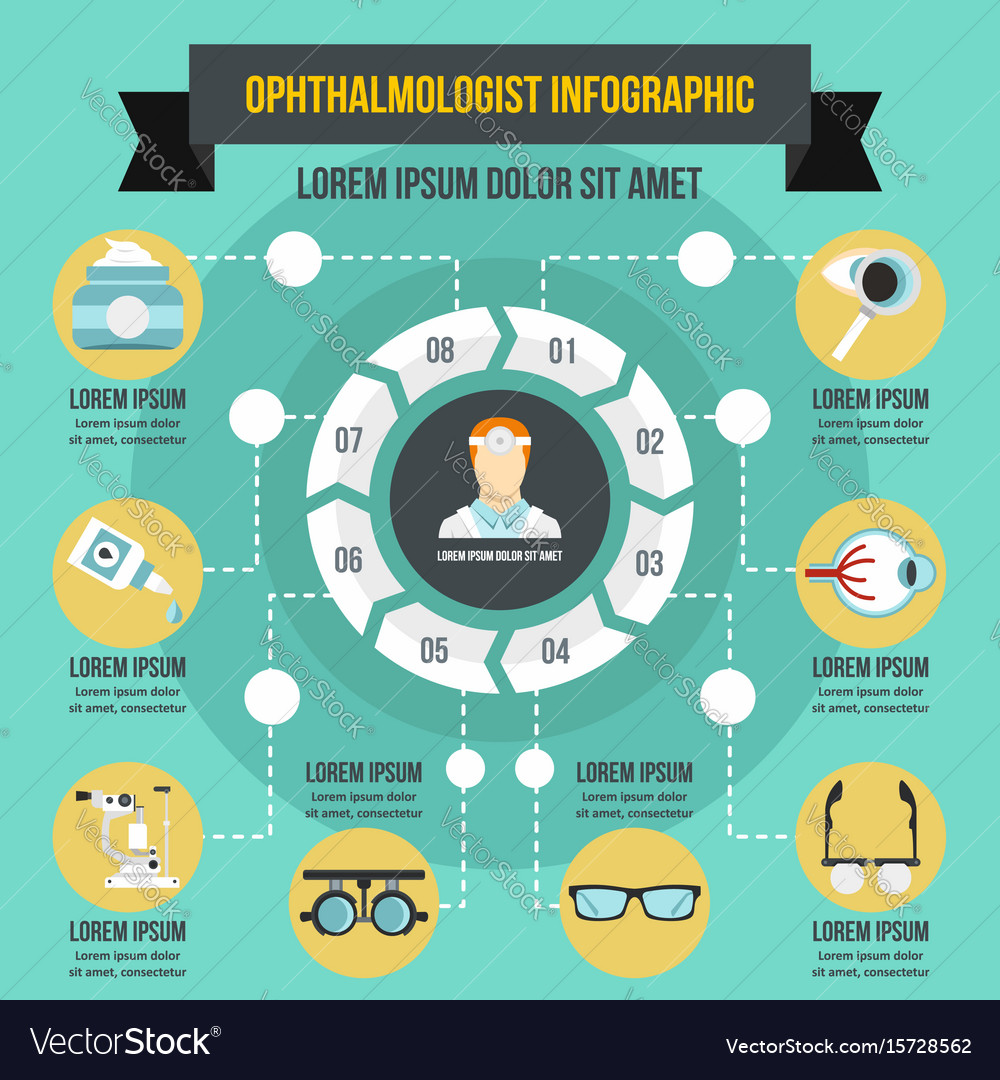Is SMILE Eye Surgical Treatment A Good Fit For You? Vital Insights And Aspects To Examine
Is SMILE Eye Surgical Treatment A Good Fit For You? Vital Insights And Aspects To Examine
Blog Article
Authored By-Lundgreen Patel
If you're considering SMILE eye surgical procedure, ponder this: are you prepared to embrace possible aesthetic liberty, or does the idea of any kind of risks make you think twice? Your choice will rest on a mindful equilibrium of weighing the benefits against the uncertainties. Guided Wavefront LASIK to delve deeper into the subtleties of SMILE surgical procedure to make an educated choice that lines up with your visual objectives.
Comprehending SMILE Eye Surgical Treatment
When considering SMILE Eye Surgical treatment, it's important to recognize the procedure and its benefits. SMILE, which stands for Tiny Incision Lenticule Removal, is a minimally intrusive laser eye surgical treatment that corrects common vision issues like myopia (nearsightedness).
Throughout the procedure, your eye specialist will certainly utilize a femtosecond laser to create a tiny incision in your cornea. Through this laceration, a tiny disc of cells called a lenticule is eliminated, reshaping the cornea and remedying your vision.
One of the vital benefits of SMILE Eye Surgery is its quick recovery time. Several individuals experience boosted vision within a day or more after the treatment, with marginal discomfort.
In addition, SMILE is recognized for its high success price in offering long-term vision modification. Unlike LASIK, SMILE does not require the production of a flap in the cornea, minimizing the risk of issues and permitting an extra stable corneal framework post-surgery.
Comprehending the treatment and its benefits is crucial when taking into consideration SMILE Eye Surgical procedure for vision adjustment.
Pros and Cons of SMILE
Taking Into Consideration SMILE Eye Surgery for vision correction features numerous benefits and possible downsides.
Among the main pros of SMILE is its minimally intrusive nature, as it includes a tiny cut and generally causes quick healing times. The procedure is additionally known for triggering marginal pain and dry eye symptoms post-surgery compared to various other vision correction methods. Furthermore, SMILE has been revealed to give excellent aesthetic outcomes, with many people attaining 20/20 vision or far better.
On the other hand, a possible con of SMILE is that it might not be suitable for people with severe refractive mistakes, as the therapy variety is rather limited compared to LASIK. An additional consideration is that the knowing curve for specialists carrying out SMILE can impact the accessibility of knowledgeable suppliers in certain locations.
It's important to weigh these advantages and disadvantages carefully when making a decision if SMILE is the ideal selection for your vision adjustment needs.
Identifying Eligibility for SMILE
To establish if you're eligible for SMILE eye surgical treatment, your ophthalmologist will conduct a comprehensive examination of your eye health and vision demands. During this examination, variables such as the stability of your vision prescription, the density of your cornea, and the total health and wellness of your eyes will be evaluated.
Typically, candidates for SMILE more than 22 years old, have a stable vision prescription for a minimum of a year, and have healthy and balanced corneas without problems like keratoconus.
Your optometrist will additionally consider your overall eye health and wellness, any kind of existing eye conditions, and your way of life needs to establish if SMILE is the ideal choice for you. It's essential to interact any certain aesthetic needs or worries you might have during this evaluation to make sure that the therapy lines up with your expectations.
If https://www.healthline.com/health/beauty-skin-care/eyelash-extensions-aftercare for SMILE, your eye doctor might recommend alternative vision modification alternatives that better suit your specific needs and eye health status.
Conclusion
Ultimately, choosing whether SMILE eye surgery is right for you calls for cautious consideration of your individual eye health and visual requirements. Talk to your optometrist to establish your qualification for the treatment and weigh the prospective benefits and downsides. Remember to interact any issues or inquiries you may have during the assessment procedure to make an educated choice regarding your vision correction alternatives.
